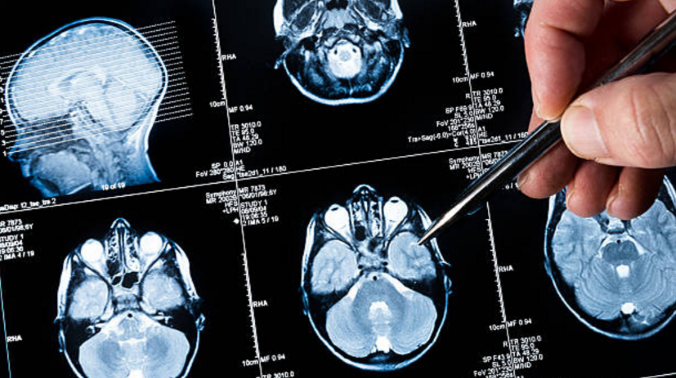Cannabidiol (CBD) is one of the most abundant chemical compounds in the cannabis plant. Unlike tetrahydrocannabinol (THC) which is known for delivering the “high” that users commonly associate with marijuana, CBD does not produce any hallucinogenic or psychedelic effects. Research has shown CBD to effectively reduce seizures in epileptic patients.
CBD and Lennox-Gastaut Syndrome
In the lead-up to their 69th Annual Meeting in Boston, the American Academy of Neurology released the results of their recent clinical study of CBD for the treatment of Lennox-Gastaut Syndrome (LGS)1.
LGS is a type of severe epilepsy which typically begins in early childhood and persists into adulthood. Individuals suffering from LGS often have an intellectual disability and suffer from different kinds of seizures – from tonic-clonic seizures to drop seizures.
Tonic-clonic seizures are generalized seizures that affect the entire brain and cause convulsions of the whole body; while drop seizures are characterized by a temporary loss of muscle tone causing the patient to collapse suddenly. These types of seizures are hard to treat because they don’t respond very well to antiepileptic medications.
The study involved 225 patients, ranging in age from 2 years old to 55 years old, all with drug-resistant, intractable LGS. Participants were divided into three groups. One group received 20 mg/kg of CBD daily; the next group received 10 mg/kg of CBD daily; while the third group received a placebo with their current antiepileptic drugs.
During the clinical trial, patients who were in the 20 mg/kg CBD group reported a significant 42% reduction in their seizures, while those in the 10 mg/kg CBD group reported a 37 decrease in seizure frequency. On the other hand, those who were in the placebo group experienced only a 17% decrease in seizure activity. These effects were sustained throughout the 14-week treatment period.
This study proved that CBD is an effective antiepileptic treatment. Furthermore, CBD was well-tolerated by the participants, with side effects reported as mild to moderate.
More Studies Proving CBD’s Benefits in Treating Epilepsy
Other recent studies that demonstrate the effectiveness of CBD in treating epilepsy include:
- A 2016 study showing that CBD is a promising treatment for children and adolescents with intractable epilepsy2.
- A 2017 study proving that CBD is effective against drug-resistant seizures in children and young adults suffering from Dravet syndrome3.
There are some types of epileptic disorders that conventional anticonvulsant and antiepileptic medications can’t control. Patients with these types of epilepsy suffer from numerous seizure activities daily, affecting their physical, emotional and intellectual growth.
These studies confirm that CBD can control these intractable, drug-resistant seizures and that it may be an effective treatment option for people suffering from this debilitating disorder.
References:
1 American Academy of Neurology. (2017, April 18) Cannabis-based medicine may cut seizures in half for those with tough-to-treat epilepsy. Retrieved from Science Daily:
https://www.sciencedaily.com/releases/2017/04/170418161907.htm
2 M Tzadok, et al. (2016, January 6). CBD-enriched medical cannabis for intractable pediatric epilepsy: The current Israeli experience. Retrieved from The National Center for Biotechnology Information:
https://www.ncbi.nlm.nih.gov/pubmed/26800377
3 Orrin Devinsky, MD, et al. (2017, May 25). Trial of cannabidiol for drug-resistant seizures in Dravet Syndrome. Retrieved from The New England Journal of Medicine:
http://www.nejm.org/doi/full/10.1056/NEJMoa1611618

